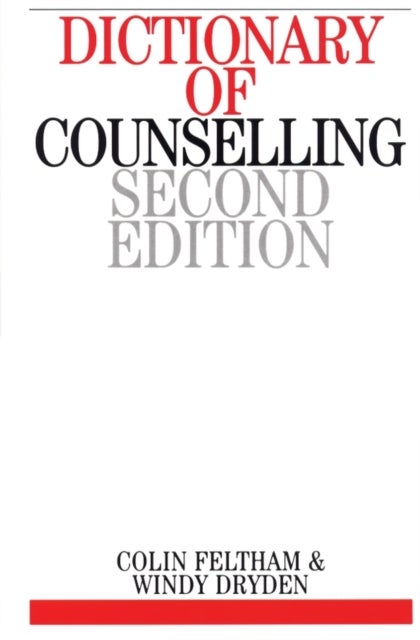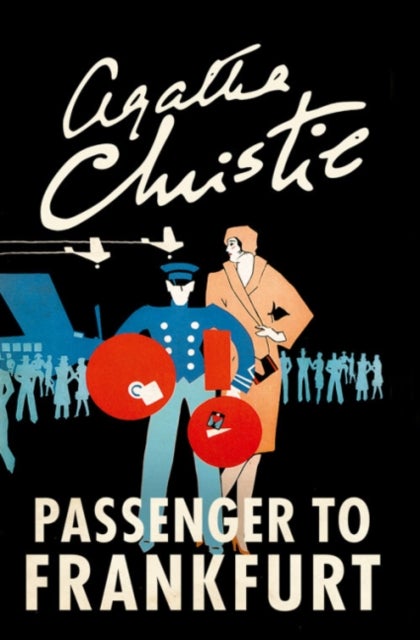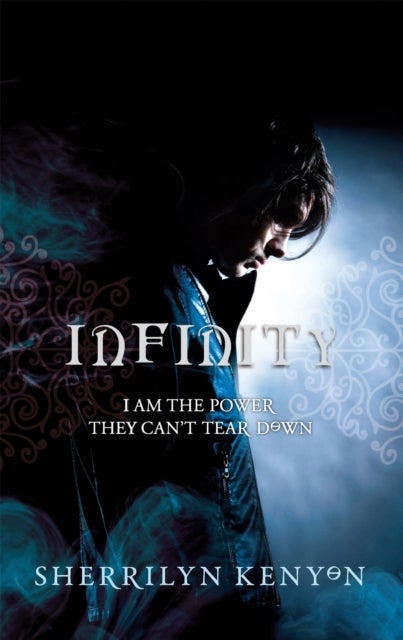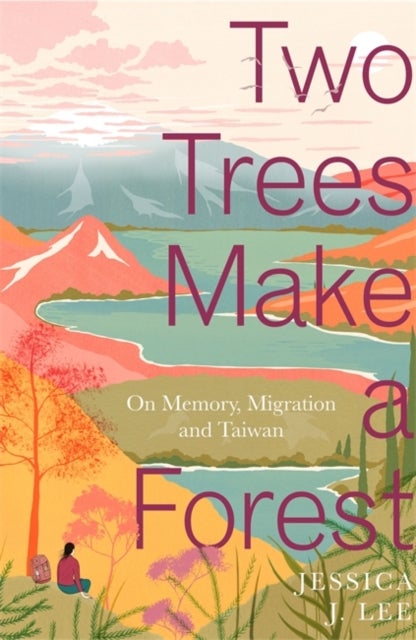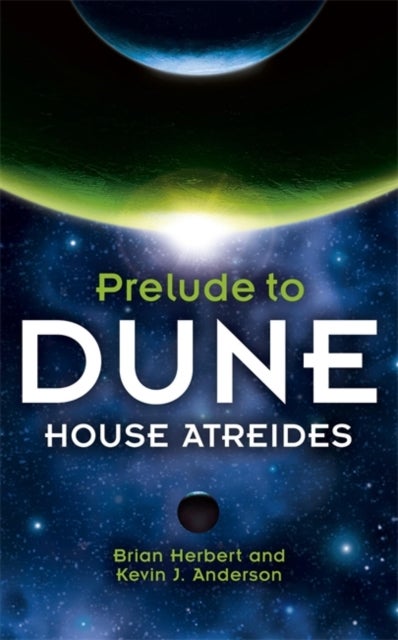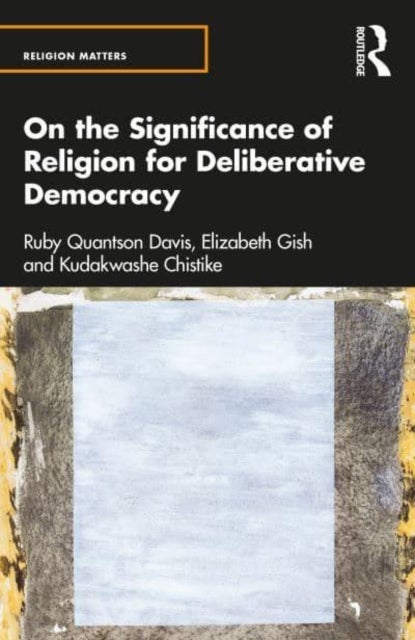
On the Significance of Religion for Deliberative Democracy av Ruby Quantson Davis, Elizabeth Gish, Kudakwashe Chitsike
249,-
<P>This exciting volume pioneers the study of the complex relationship between religion and deliberative democracy, a practice that places importance on the need for citizens to come together to identify shared concerns and issues, work through choices and options for action, weigh consequences and trade-offs, and possibly take collective action to influence decisions and policies. </P><P>Chapters use case studies to demonstrate instances where deliberative democracy has advanced the positive role of religion and where religious practices have advanced the role of deliberative democracy. The authors look at the actions of various denominations of Christianity in Africa, the United States of America, and the South Pacific, as well as examining how such groups operate within the context of indigenous religions such as African Traditional Religion. This volume also explores instances where the absence of deliberative practices in religion has curtailed the ability of people to realise the

